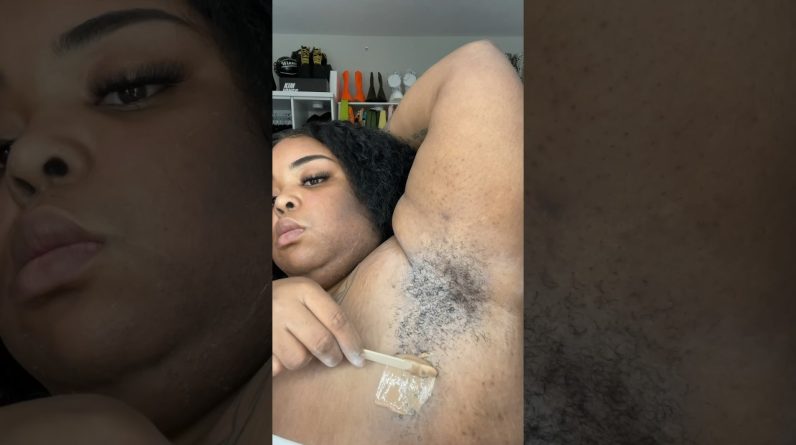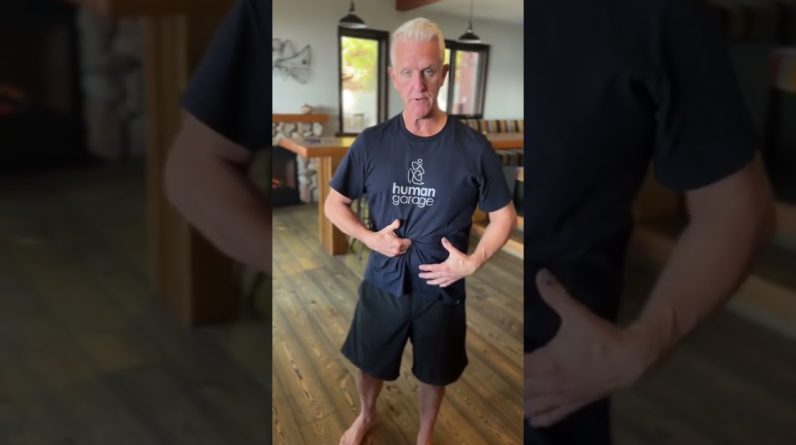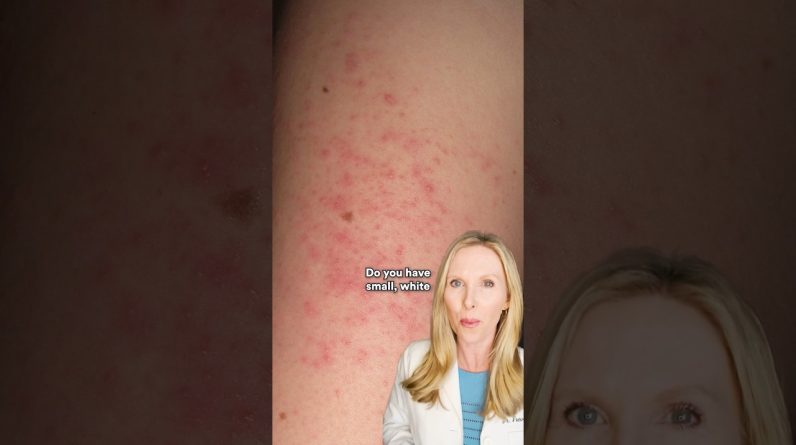Alcohol is a toxin. When it enters the bloodstream, it affects every organ system and disrupts the normal processes of the body. But when you stop drinking, your body won’t have to pass through the recovery process it needs the following day whenever there’s alcohol in your system.
—————————————————————————————-
💡Other videos you’ll love!:
🎥Watch: 10 Bad Daily Habits That are Draining Your Energy
🎥Watch: 10 Exercises That Are Wasting Your Time (+ Alternatives)
—————————————————————————————-
In a nutshell:
Continue watching to know more about what to expect when you stop drinking alcohol. The truth is, moderate alcohol consumption degrades your sleep quality by reducing the production of melatonin, a hormone that regulates our sleep-wake cycle. But if you stop drinking, you can sleep soundly through the night and wake up feeling refreshed and sharp. The thing with alcohol is that it can increase your daily calorie intake without your notice. Another benefit when you stop drinking alcohol is that your appearance may improve. While moderate drinking may not lead to a large number of immediate life-threatening problems, it can quickly manifest on your appearance even after a night of overindulging. The more alcohol you drink, the less water your body has. That’s because alcohol decreases the production of an antidiuretic hormone, which aids in the reabsorption of water in the body. Reduced water intake results in some visible and immediate effects such as dry and wrinkled skin, blood-shot eyes, red cheeks, and eczema. Thus, when you quit drinking, you’ll reduce and reverse inflammation. This is why people who drink frequently are at a greater risk of hypertension, strokes, heart disease, and heart arrhythmias. By reducing heavy alcohol use, or better yet, completely going off alcohol, you can strengthen your heart and prevent alcohol-induced diseases including heart attacks. In addition, alcohol inhibits nutrient and vitamin absorption in small intestines and can result in chronic diarrhea, nausea, and even anorexia in individuals who drink heavily. Remember that the liver cleanses the body of toxins including alcohol. If there’s no alcohol, the liver can then focus on filtering for other toxins that the body usually encounters. If you stop drinking alcohol, your digestion gets better, as well as your body’s ability to absorb vitamins and nutrients. Alcohol is a diuretic, so it accelerates the rate at which the body expels water as urine. When you drink alcohol, even in small amounts, it leads to a temporary diuretic effect. Alcohol intake can drop ADH levels, thus, compelling the kidneys to produce more urine and retain less water. Hence, when you stop drinking, your ADH levels go back to their normal state and your kidneys can now expel that right amount of water. According to experts, the more alcohol a person drinks regularly over time, the higher the risk of developing alcohol-related cancer. That’s because alcohol damages antibodies that fight off tumor cells, putting a person at a much greater cancer risk than they normally would face. And so, by reducing alcohol intake, you can help prevent different types of cancer, including breast, throat, and liver cancer. This is why many people who are regular alcohol drinkers experience mental health conditions such as anxiety and depression. In other words, a person who stops drinking can have reduced symptoms of such conditions. Brain shrinkage, or a condition where the brain’s size reduces, is linked with moderate to heavy alcohol use. Such memory lapses then increase with the amount of alcohol intake. For heavy and frequent drinkers, your body starts depending on alcohol physically. Depending on the person, alcohol withdrawal symptoms can range from mild to severe. In many cases, the symptoms set in within hours after you stop drinking. Drop your comments about the effects of quitting alcohol below.
—————————————————————————————-
Subscribe to Body Hub!:
#QuitAlcohol
—————————————————————————————-
ℹ️ Medical Disclaimer:
—————————————————————————————-
source








